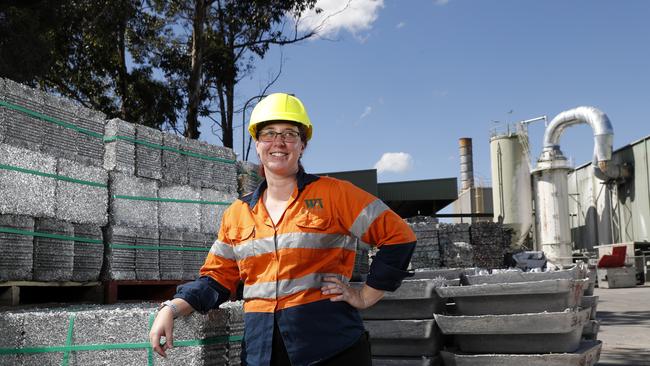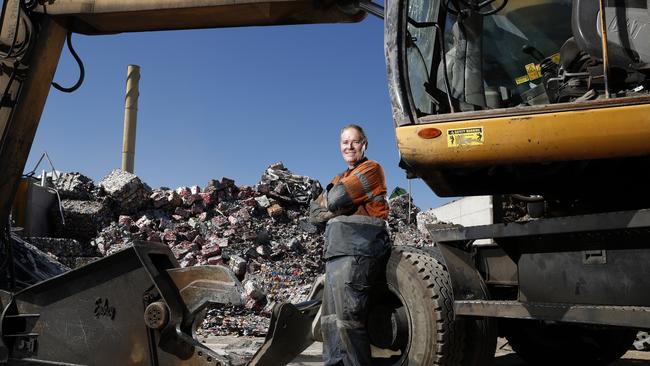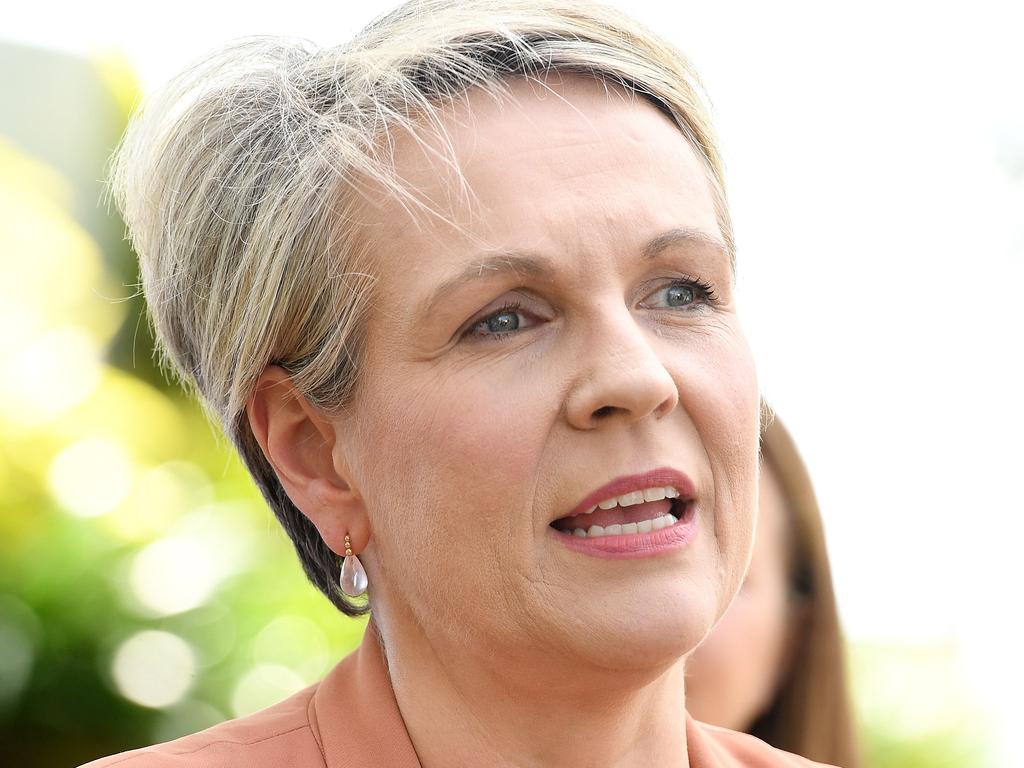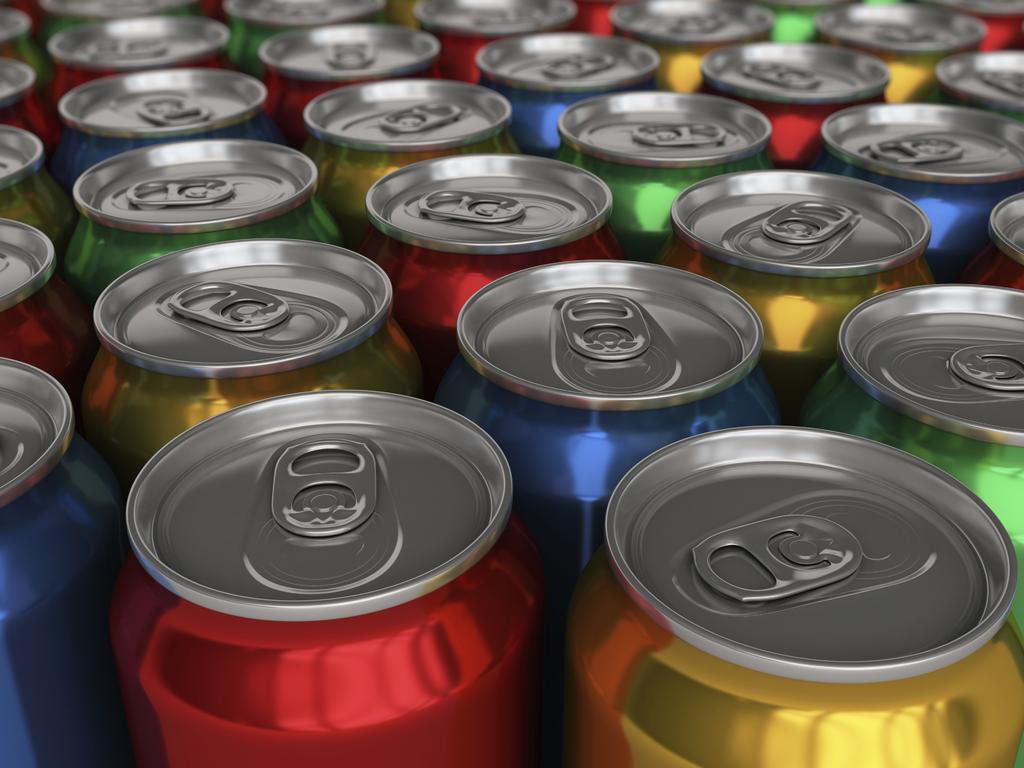Why ship aluminium cans offshore, asks local recycler
Why ship our rubbish offshore? An Australian recycler says his aluminium facility in the Hunter Valley has the capacity to recycle most of the nation’s soft drink cans to prevent them being shipped offshore, but energy and labour costs are too high.

An Australian recycler says his aluminium facility in the Hunter Valley has the capacity to recycle nearly all of the nation’s soft drink cans to prevent them being shipped offshore, but energy and labour costs are too high.
Weston Aluminium founder Garbis Simonian says it’s outrageous that state government container exchange schemes are selling the used beverage cans overseas for a higher price than domestic manufacturers can afford.
Overseas recyclers then repurpose the cans into high-value new soft drink cans and aluminium sheeting, some of which is imported back into Australia.
Mr Simonian’s plant makes scrap aluminium into deoxidant, which is used in the steelmaking process, and is onsold for a lower cost than recycled cans or aluminium sheeting. The facility also makes aluminium cast blocks.
The Weekend Australian reported on Monday that billions of aluminium soft drink cans collected for recycling in Australia were not being recycled onshore. The containers are instead shipped overseas to Thailand, South Korea, and The Netherlands.
State governments and container recycling schemes said there were no onshore facilities able to repurpose used aluminium cans, which was why they had to be exported.
Eight billion cans have been exported for recycling since the container return schemes began; Queensland’s Containers for Change scheme collected 10,893 tonnes of cans in the 2022 financial year alone.
But Mr Simonian disputed that there were no Australian facilities capable of recycling aluminium cans.

He said with a new furnace coming online in June his facility would be able to process a total capacity of 30,000 tonnes of scrap aluminium.
“We do melt some cans, but we don’t buy the cans from the container exchange schemes, because it’s too expensive and we can’t compete with the overseas people,” Mr Simonian said.
“It’s not a level playing field. We’re paying more for gas (for energy) than overseas people, and we have to comply with OH&S safety (regulations), very strict environmental controls and restrictions.”
“Our costs are higher.”
He said his plant made metal from the scrap aluminium, including a product that was a precursor to steelmaking. Some is exported, and some is sold locally.
“If we do the environmentally responsible thing, we should be recycling these cans in Australia, in a safe, lowest-impact environmental outcome for the planet,” Mr Simonian said.
“If we were to recycle our aluminium cans in Australia...we’d go from 25 staff in the aluminium division on site, to 50 employed...instead of shipping our waste overseas and increasing environmental harm.”
He suggested state governments should consider a 30 per cent discount to sell used beverage cans to domestic recyclers.
Australian Aluminium Council chief executive Marghanita Johnson said the closure of Australia’s car industry two decades ago was accompanied by the closure of two aluminium rolling mills, killing Australia’s ability to recycle aluminium cans back into cans.
“Australians should continue to recycle their aluminium cans through container deposit schemes, and where this is not possible, through kerbside recycling schemes,” Ms Johnson said.
“This produces the cleanest streams of used beverage containers (or UBCs), which are a globally traded commodity.
“Recycling aluminium cans into high value products, like can-to-can recycling, is the most efficient use of energy and our natural resources.”
The council represents the nation’s bauxite mining, alumina refining, aluminium smelting and downstream manufacturing industries.
Australian Council of Recycling chief executive Suzanne Toumbourou said ideally in the future it would be possible to remake aluminium cans back into higher-value products such as aluminium cans in Australia.
“We need the regulatory and market environment that would drive more investment onshore to remake here in Australia,” Ms Toumbourou said.
“Until we get there for recycled commodities, the best outcome is to recycle to the highest value, either here or offshore.”
Until last year, one of Mr Simonian’s other businesses, Weston Energy, provided gas to more than 400 companies and government agencies. Surging gas prices were blamed for the company having to shut its doors in May last year.







To join the conversation, please log in. Don't have an account? Register
Join the conversation, you are commenting as Logout